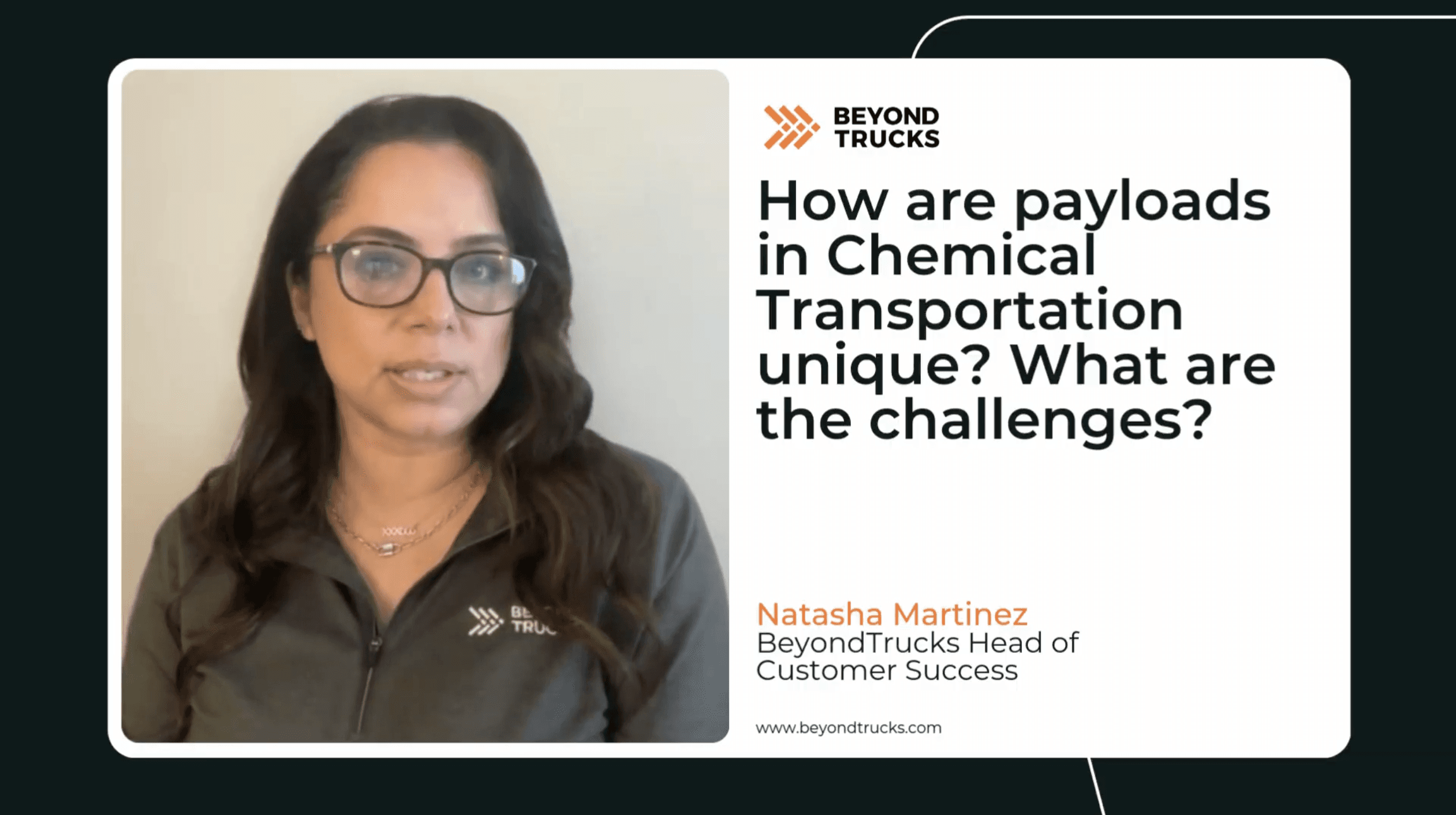BeyondTrucks BLOG
BeyondTrucks BLOG
Search
Technology and AI
Technology and AI
Safety and Security
Safety and Security
People and Management
People and Management
TMS and Integration
TMS and Integration
Take Your Fleet to the Next Level
Take Your Fleet to the Next Level
Take Your Fleet to the Next Level
Take Your Fleet to the Next Level
See how BeyondTrucks can transform your operations to have less manual processes and better workflows











